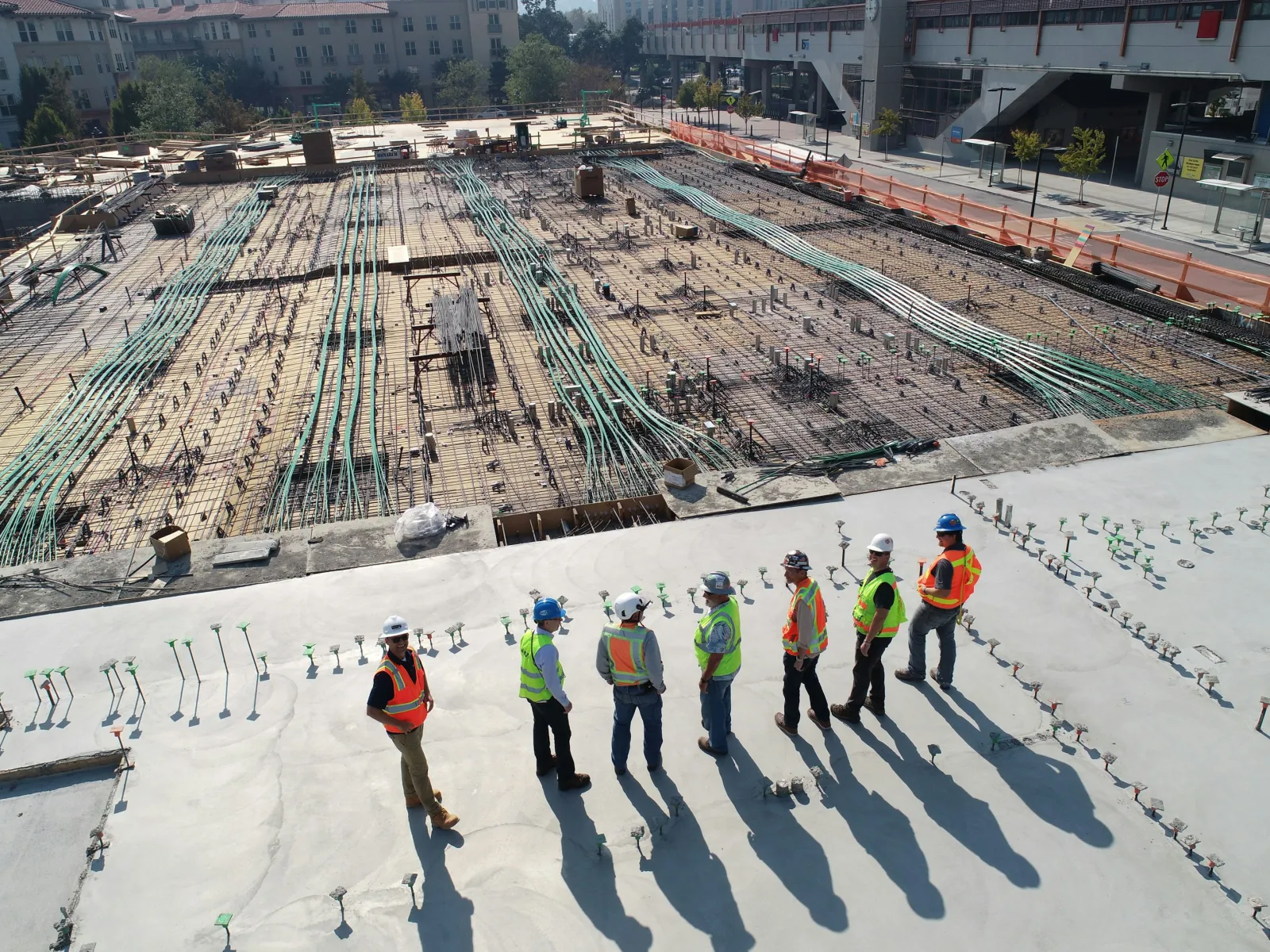
Prevailing Wage and Davis-Bacon Compliance in New Mexico
eMars provides certified payroll and compliance solutions tailored primarily for federal projects and select state jurisdictions. While many agencies accept the standard WH-347 form, some states will require their own form. For questions about supported jurisdictions, please contact our team directly.
Components of Wage Determinations
Both federal and state wage determinations in New Mexico include:
- Basic Hourly Rate: The minimum amount that workers must be paid for their specific job classification, excluding fringe benefits. For both federally funded projects (under the Davis-Bacon Act) and state-funded projects (under the New Mexico Public Works Minimum Wage Act), the basic hourly wage is determined by wage surveys conducted by the U.S. Department of Labor or the New Mexico Department of Workforce Solutions, respectively.
- Fringe Benefits: Non-cash benefits include health insurance, pensions, and vacation pay.
- Total Hourly Rate: The sum of the basic hourly rate and fringe benefits.
For example, if the basic hourly wage is $25 and fringe benefits are valued at $5, the total hourly rate would be $30. The contractor must pay the full $30 as wages if no fringe benefits are provided.
Compliance for Contractors and Subcontractors
Contractors and subcontractors working on public works projects in New Mexico must:
Determine Applicable Wage Rates
Determine Applicable Wage Rates
For federal projects: Wage rates can be found on SAM.gov's Wage Determinations Online (WDOL) portal.
For state projects: Wage rates are published by the New Mexico Department of Workforce Solutions (NMDWS).
Submit Certified Payroll Reports
Submit Certified Payroll Reports
For federal projects: Use U.S. Department of Labor's Form WH-347.
For state projects: Payroll reports must be submitted to the New Mexico Department of Workforce Solutions.
Handle Fringe Benefits
Handle Fringe Benefits
Post Wage Determinations On-Site
Post Wage Determinations On-Site
Maintain Accurate Records
Maintain Accurate Records
Penalties for Non-Compliance
Failure to comply with prevailing wage laws in New Mexico can result in:
-
Back pay for underpaid workers
-
Fines
-
Disqualification from future public works contracts

Unique Aspects of New Mexico's Prevailing Wage System
- Job Classification Specificity: New Mexico's prevailing wage system includes detailed job classifications for labor and mechanics, ensuring that workers in different trades and skill levels are paid wages that reflect their specialized roles on public works projects.
- Regional Wage Determinations: The system accounts for regional wage variations, meaning prevailing wages may differ across counties or municipalities based on local economic conditions and labor market trends.
- Union and Non-Union Wage Comparisons: New Mexico's prevailing wage rates are often influenced by collective bargaining agreements, but the state also considers data from non-union employers to establish a balanced and representative wage standard.

Relevant Resources
- U.S. Department of Labor Wage Determinations Online (WDOL): SAM.gov - Wage Determinations
- New Mexico Department of Workforce Solutions
- U.S. Department of Labor Certified Payroll Form: Form WH-347
For the most accurate and current information on prevailing wage requirements, consult the U.S. Department of Labor or your state's department of workforce solutions website.

